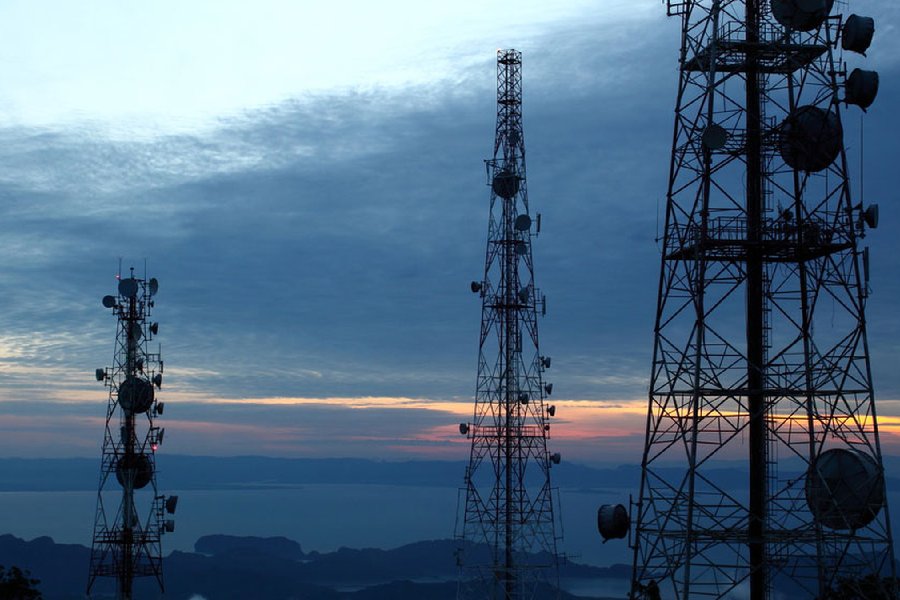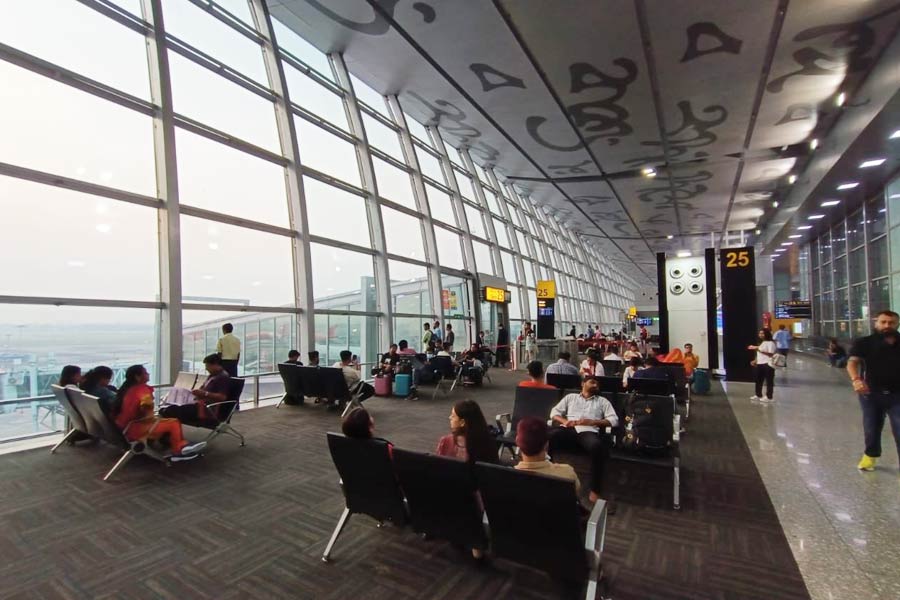India’s telecom operators are preparing for another round of tariff hikes in FY26 as rising costs and sluggish returns force the industry to push for higher revenue per user.
Analysts predict price increases of 6-10 per cent in the coming year, with firms scrambling to recover massive 5G investments and meet profitability benchmarks.
India Ratings and Research (Ind-Ra) forecasts a 6-10 per cent rise in industry-wide tariffs in FY26, driven by the ripple effects of the July 2024 hike and organic growth of 3-5 per cent as user preferences evolve. Despite recent price adjustments, a 25-35 per cent surge in ARPU — equivalent to ₹60-70 — will be required by Q2 FY25 to achieve the elusive 15 per cent ROCE target, according to Ind-Ra.
“The telecom sector needs sustained tariff increases to offset 5G-related investments and improve returns,” said Priyanka Bansal, associate director at Ind-Ra.
Motilal Oswal Financial Services expects another significant hike in December 2025, projecting a 15 per cent increase as operators adjust to a consolidated market and high data consumption.“Frequent tariff revisions are inevitable to address inadequate returns and rising operational costs.”
While ARPU has almost doubled to ₹193 since September 2019, the industry’s active subscriber base has declined, dropping to 1.15 billion in September 2024 from 1.17 billion in 2019. Adjusted for M2M and IoT connections, the decline is even sharper, underlining the affordability challenges faced by price-sensitive users.
Bharti Airtel and Reliance Jio have fared well, leveraging higher ARPUs and capturing incremental market share. In contrast, Vodafone Idea continues to lag, with minimal revenue growth and sustained subscriber churn.










